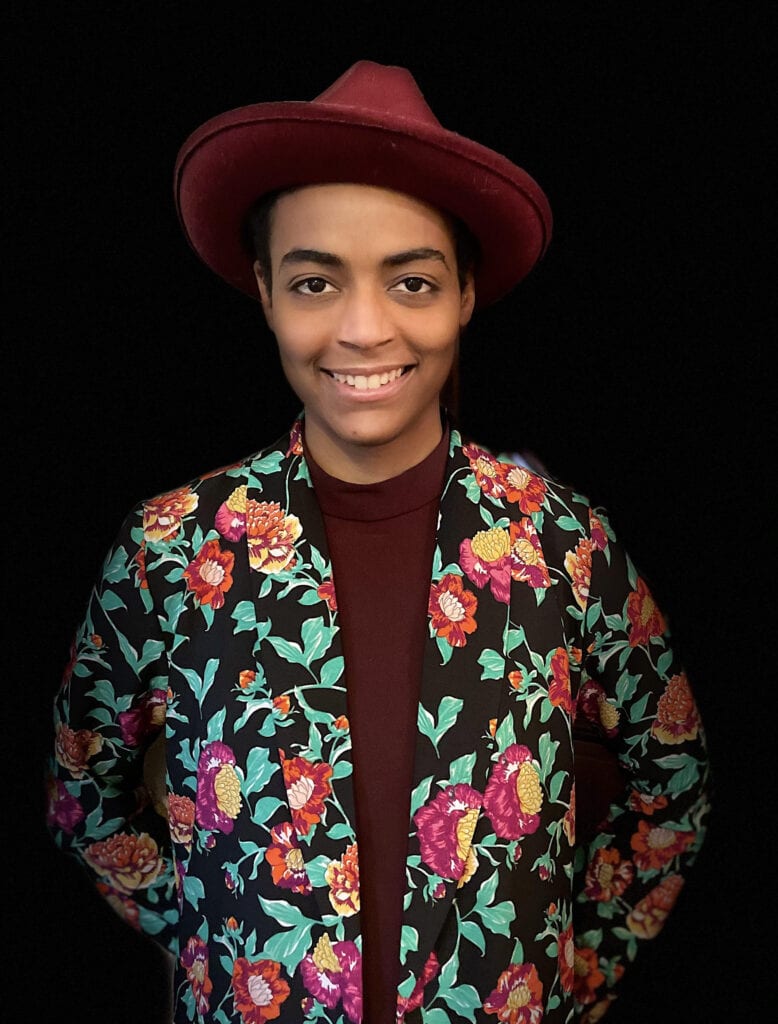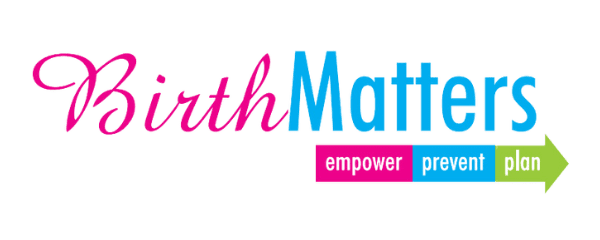
Celebrating Pride with LGBTQIA+ Inclusion in Birth
For those of us within LGBTQIA+ communities, Pride is a time of reflection around how far we have come and how far we have to go in terms of inclusion. For me, I see this expand beyond LGBTQIA+ communities during the month of June. As the founder of the Queer Doula Network, allied birth workers send inquiries my way around how to create safer birth spaces (which are almost always assumed to exclusively belong to heterosexual and cisgender women) for LGBTQIA+ birthing people. If you’ve ever wondered or haven’t thought about how to discuss birth in an inclusive way, here’s a guide inspired by a few of the most frequently asked questions in the Queer Doula Network’s inbox:
What is an inclusive way to talk about someone who gives birth?
Not all people who give birth identify as women. Transgender, non-binary, and other gender expansive people also have reproductive experiences. If you haven’t already, switch from the frequent default of referring to those who give birth from mothers to birthing people.
Are there inclusive ways to talk about breastfeeding?
Yes! Infant feeding, lactation, and nursing are all terms that are gender nonspecific. Other terms that are used within LGBTQIA+ communities include chestfeeding and bodyfeeding.
Does being misgendered really affect someone’s birth experience?
Yes! When you misgender someone on purpose, you fail to see the fullness of their humanity. Gender is an intrical part of most people’s identities, regardless of whether they are cisgender, transgender, or non-binary. Childbirth is one of the most powerfully vulnerable human experiences, and being fully seen as who you are is vital to feeling safe.
How do I know when I can use gendered terms or not?
When in doubt, listen to how a birthing person talks about their own experience with childbearing. If someone uses gendered terms for themselves, then follow their lead. However, if you are not sure how someone identifies or you are speaking about birthing people in general, strive to use gender nonspecific language.
For more information about how to be more inclusive in discussing birth, research, attend a session about LGBTQIA+ inclusivity in birth, or reach out to the Queer Doula Network!

